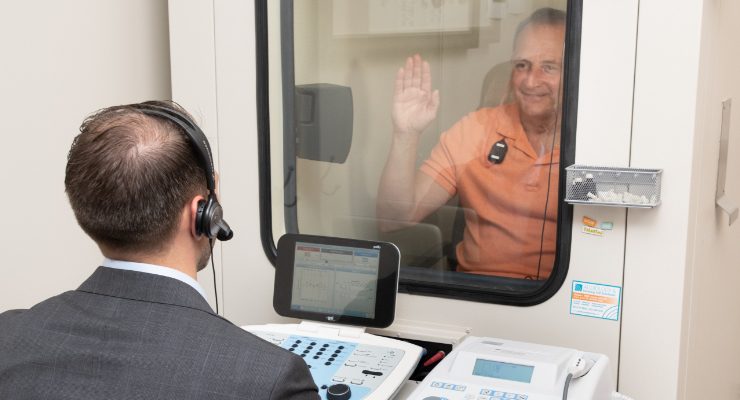
Hearing loss is one of the most common health conditions, but often one of the most untreated. That is due in part to the cost of seeking treatment.
Private Insurance Hearing Aid Coverage
Less than half of the states in America require private insurance companies to pay for the cost of hearing aids. And the states that do usually only cover hearing aids for children. Private insurance companies will cover the cost of a hearing exam, but only five states require private insurance coverage for adult hearing aids.
Private insurance companies don’t consider moderate hearing loss as a disability and categorize adult hearing aids as elective. Unfortunately, people with hearing loss are considered “high risk” individuals since they are more likely to file a claim to pay for hearing devices.
Do Medicare Or Medicaid Cover Hearing Aids?
Medicare: Medicare doesn’t usually cover hearing aids. The government-funded health program will cover medical services, not devices. However, you may receive hearing aid coverage with Medicare Advantage plans.
Medicaid: Medicaid may cover the cost of hearing aids depending on individual state mandates. However, this program usually only covers the cost of hearing aids for young people.
HSA And FSA Coverage
Health Savings Accounts and Flexible Spending Accounts are financial accounts designed to cover healthcare expenses. Both accounts have tax advantages and can help you cover the cost of hearing aids and batteries not covered by private insurance.
HSA
HSAs require enrollment in a high deductible health plan. The savings accounts support lower premiums, create long-term savings, and can accumulate funds to compensate for a high deductible health plan.
The funds in these accounts typically roll over into the new year. All contributions to an HSA are tax-free, and there is no penalty for withdrawing money for medical expenses
FSA
FSA is a savings account that is also tax-free if the funds are used to cover medical expenses. These accounts do not require a high deductible health plan and are typically offered as a part of an employee benefits package.
While you can accrue savings without taxes, the money in an FSA does not roll over at the end of the year. Any funds in these accounts must be used, or they will be lost.
Ready to get your hearing treatment started? Contact Audiology & Hearing Aid Solutions online or call 888-473-8702 to schedule an appointment.



